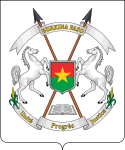
Single transferable vote (STV) is a multi-winner electoral system in which each voter casts a single vote in the form of a ranked-choice ballot. Voters have the option to rank candidates, and their vote may be transferred according to alternate preferences if their preferred candidate is eliminated or elected with surplus votes, so that their vote is used to elect someone they prefer over others in the running. STV aims to approach proportional representation based on votes cast in the district where it is used, so that each vote is worth about the same as another.

The Twelfth Amendment to the United States Constitution provides the procedure for electing the president and vice president. It replaced the procedure provided in Article II, Section 1, Clause 3, by which the Electoral College originally functioned. The amendment was proposed by the Congress on December 9, 1803, and was ratified by the requisite three-fourths of state legislatures on June 15, 1804. The new rules took effect for the 1804 presidential election and have governed all subsequent presidential elections.

The 1983 United Kingdom general election was held on Thursday 9 June 1983. It gave the Conservative Party under the leadership of Margaret Thatcher the most decisive election victory since that of the Labour Party in 1945, with a majority of 144 seats and the first of two consecutive landslide victories.

The United States Electoral College is the group of presidential electors required by the Constitution to form every four years for the sole purpose of appointing the president and vice president. Each state and the District of Columbia appoints electors pursuant to the methods described by its legislature, equal in number to its congressional delegation. Federal office holders, including senators and representatives, cannot be electors. Of the current 538 electors, an absolute majority of 270 or more electoral votes is required to elect the president and vice president. If no candidate achieves an absolute majority there, a contingent election is held by the United States House of Representatives to elect the president, and by the United States Senate to elect the vice president.

The Legislative Yuan is the unicameral legislature of the Republic of China (Taiwan) located in Taipei. The Legislative Yuan is composed of 113 members, who are directly elected for 4-year terms by people of the Taiwan Area through a parallel voting system.

The Senate is the upper house of the bicameral Parliament of Australia, the lower house being the House of Representatives. The composition and powers of the Senate are established in Chapter I of the Constitution of Australia. There are a total of 76 senators: 12 are elected from each of the six Australian states regardless of population and 2 from each of the two autonomous internal Australian territories. Senators are popularly elected under the single transferable vote system of proportional representation.

In a first-past-the-post electoral system, formally called single-member plurality voting (SMP) when used in single-member districts or informally choose-one voting in contrast to ranked voting, or score voting, voters cast their vote for a candidate of their choice, and the candidate who receives the most votes wins even if the top candidate gets less than 50%, which can happen when there are more than two popular candidates.

The 1997 Canadian federal election was held on June 2, 1997, to elect members to the House of Commons of the 36th Parliament of Canada. Prime Minister Jean Chrétien's Liberal Party won a second majority government. The Reform Party replaced the Bloc Québécois as the Official Opposition.
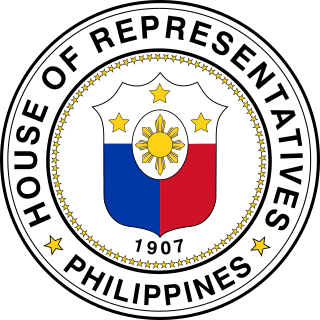
The House of Representatives of the Philippines is the lower house of Congress, the bicameral legislature of the Philippines, with the Senate of the Philippines as the upper house. The lower house is usually called Congress, although the term collectively refers to both houses.
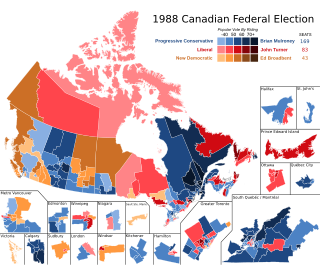
The 1988 Canadian federal election was held on November 21, 1988, to elect members to the House of Commons of Canada of the 34th Parliament of Canada. It was an election largely fought on a single issue: the Canada–United States Free Trade Agreement (CUSFTA); the Progressive Conservative Party campaigned in favour of it whereas the Liberal Party and the New Democratic Party (NDP) campaigned against it.

The 1959 United Kingdom general election was held on Thursday, 8 October 1959. It marked a third consecutive victory for the ruling Conservative Party, now led by Harold Macmillan. For the second time in a row, the Conservatives increased their overall majority in Parliament, this time to a landslide majority of 100 seats, having gained 20 seats for a return of 365. The Labour Party, led by Hugh Gaitskell, lost 19 seats and returned 258. The Liberal Party, led by Jo Grimond, again returned only six MPs to the House of Commons, but managed to increase its overall share of the vote to 5.9%, compared to just 2.7% four years earlier.

The 1924 United Kingdom general election was held on Wednesday 29 October 1924, as a result of the defeat of the Labour minority government, led by Ramsay MacDonald, in the House of Commons on a motion of no confidence. It was the third general election to be held in less than two years. Parliament was dissolved on 9 October.
Limited voting is a voting system in which electors have fewer votes than there are positions available. The positions are awarded to the candidates who receive the most votes absolutely. In the special case in which the voter may vote for only one candidate and there are two or more posts, this system is called the single non-transferable vote or sometimes the strictly limited vote.
Regular elections in Albania are mandated by the Constitution and legislation enacted by Parliament. The Parliament (Kuvendi) has 140 members elected for four-year terms. The electoral system is closed list proportional representation. There are 12 multi-member constituencies corresponding to the country's 12 administrative regions. Within any constituency, parties must meet a threshold of 3 percent of votes, and pre-election coalitions must meet a threshold of 5 percent of votes.

The 2010 United Kingdom general election was held on Thursday 6 May 2010, with 45,597,461 registered voters entitled to vote to elect members to the House of Commons. The election took place in 650 constituencies across the United Kingdom under the first-past-the-post system.
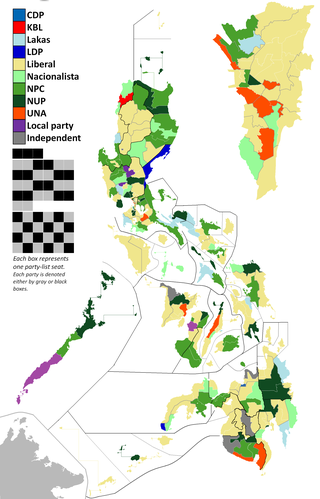
The 2013 Philippine House of Representatives elections were the 33rd lower house elections in the Philippines. They were held on May 13, 2013 to elect members to the House of Representatives of the Philippines that would serve in the 16th Congress of the Philippines from June 30, 2013 to June 30, 2016.
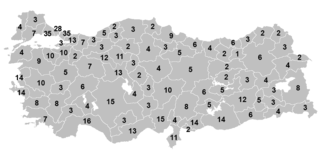
The 2023 Turkish parliamentary election is scheduled to take place on 18 June 2023, as part of the 2023 general election, alongside the presidential election on the same day. President Erdoğan signalled that the election might be held early on 14 May 2023, a reference to the 1950 election that ended Turkey's one party regime.

The 2016 Exeter City Council election took place on 5 May 2016, to elect members of Exeter City Council in England. Following boundary changes, the entire council was up for election, and all 13 wards were contested, each electing three councillors. The election was held concurrently with other local elections held in England on the 5 May.
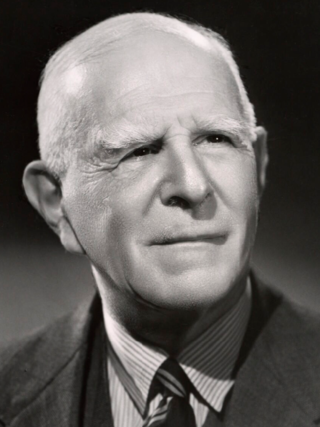
An election to the County Council of London took place on 7 April 1949. The council was elected by First Past the Post with each elector having three votes in the three-member seats. The Conservative Party made substantial gains, achieving the same number of seats as the Labour Party. However, Labour held the chair of the council, and was thus able to retain control.
